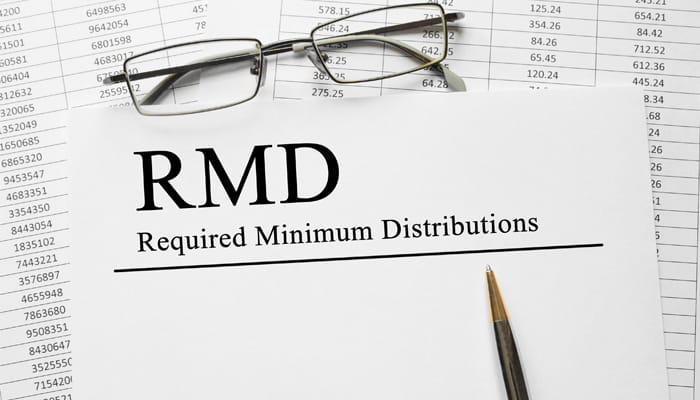
Is A Solo 401(k) Plan Right for Your Small Business?
If you work for yourself, you may want to consider establishing a solo 401(k) plan for 2023. A solo 401(k) plan is a unique savings option for small business owners without employees, or if the only employee is a spouse. These plans marry a traditional employee retirement savings account with a small business profit-sharing plan.
Traditional 401(k) and Solo 401(k) plans have the same rules and requirements. However, with the Solo 401(k), participants act as both employer and employee, meaning the account owner can set aside more money each year than possible with an IRA, traditional 401(k), or other small business retirement account.
According to the IRS, contributions can be made to the plan in both capacities:
- As an employee, you can make elective deferrals up to 100% of compensation ("earned income" in the case of a self-employed individual), up to the annual contribution limit.
- As an employer, you can contribute up to 25% of your compensation, as defined by the plan.
Be mindful that the total of both contributions cannot exceed IRS limits.
If your spouse earns income from your business, he or she can also make an employee contribution to the plan in 2023, and you, as the employer, can make another profit-sharing contribution on your spouse's behalf.
Solo 401(k) contributions may also provide additional tax breaks. If your business is incorporated, you can count the contributions as a business expense. If your business is not incorporated, you can generally deduct contributions from your personal income.
There are fewer administrative requirements for a solo 401(k) plan as compared to a traditional 401(k), and the associated fees can be relatively low. There are also no compliance testing requirements, and doesn’t require an annual Form 5500 filing with the IRS until the assets in your solo 401(k) plan exceed $250,000.
You can "go Roth" with your solo 401(k) plan. The annual employee contribution limits for a Roth solo 401(k) are the same as those for any 401(k), except that only the contributions that are attributable to you as an employee can be considered Roth contributions.
As with a traditional 401(k), a Solo 401(k) plan has regulations in place for withdrawing money:
- Withdrawals before age 59½ may be subject to a 10% early withdrawal penalty, along with any applicable income taxes.
- You must take required minimum distributions from self-employed 401(k)s beginning at age 72.
- Plans can be structured to allow loans or hardship distributions.
- Rollovers from other retirement accounts, including SEP IRAs and traditional 401(k)s, can be accepted into your Solo 401(k).
- You can roll your Solo 401(k) assets into an IRA or another 401(k) if the employer's plan allows rollovers.
A Solo 401(k) plan can offer small business owners increased retirement savings potential. Contact a financial professional at AssuredPartners Investment Advisors to learn more.
Source: irs.gov/retirement-plans/one-participant-401k-plans

Related articles

As 2025 winds down, retirement plan sponsors face a critical opportunity to reflect, recalibrate, and prepare for the year ahead. December is more than a time for closing the books—it’s a strategic...

Required Minimum Distributions (RMDs) are a critical part of retirement planning, ensuring that tax-deferred retirement savings eventually become taxable income. With the implementation of the SECURE...

As the workforce ages and caregiving responsibilities increase, long-term care (LTC) is becoming a critical issue for employers and plan sponsors. Yet, many organizations still overlook LTC in their...